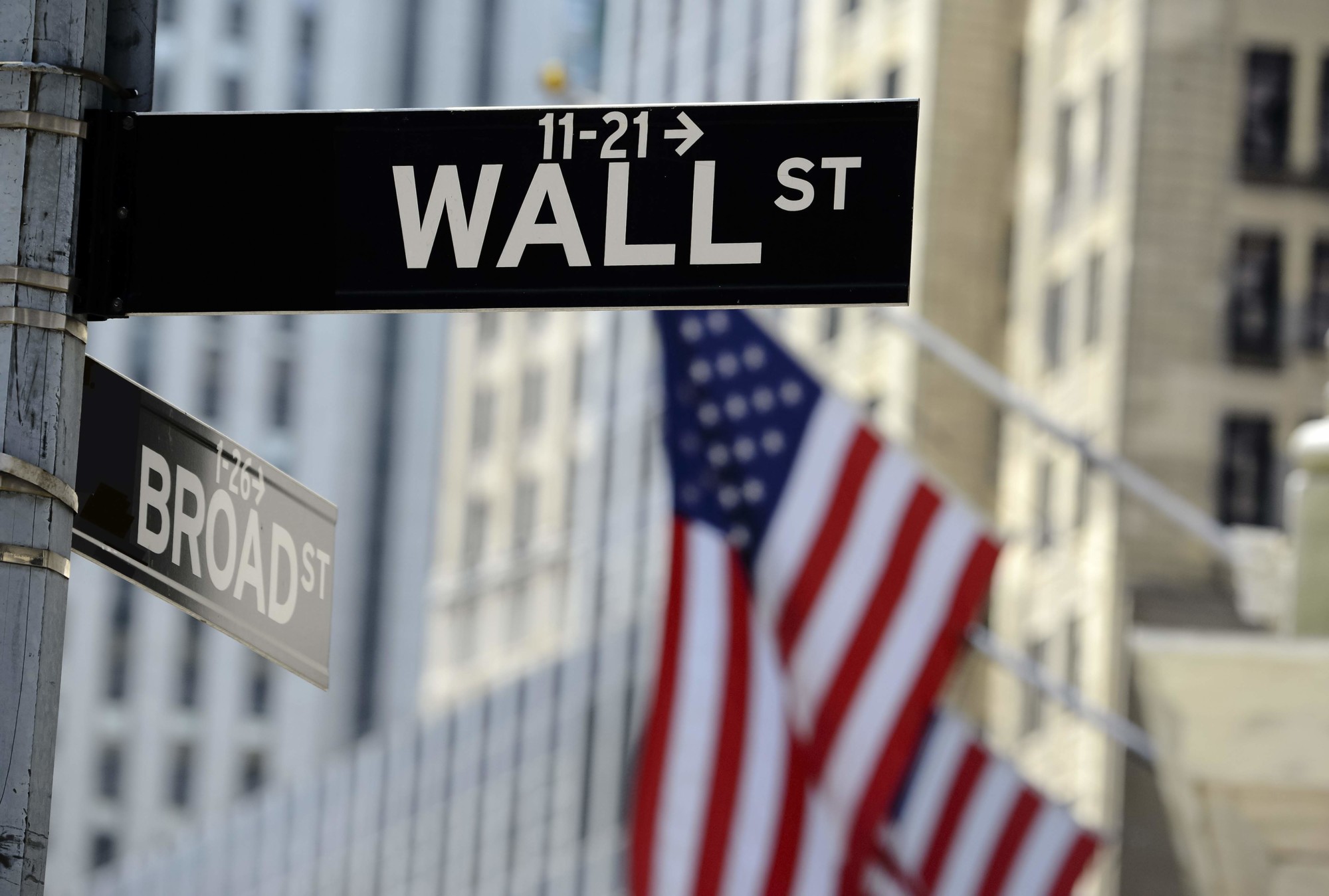Why you should care about Dodd-Frank

Last week I was discussing my Beneficial Banking fellowship with a friend, when I began rattling off findings from my research on financial injustice, offering my opinion on how to support divestment movements, and extolling my love for the Dodd-Frank Wall Street Reform and Consumer Protection Act.
Amid this extremely nerdy conversation, I was shocked to find out my pal (who is deeply interested in equity and justice) had no idea what Dodd-Frank was.
On the other hand, why should she know? The only reason I knew about the Law was because I worked at an institution that cares about putting people before profits. The Act itself is a 2,300-page pithy piece of legislation that is inaccessible to everyday individuals and burgeoning PhDs alike. However, it includes provisions that are essential for the financial health of consumers, institutions, and the entire global system. The law was forged in the wake of the 2008 financial crisis to make sure that a tax-payer funded bank bailout won’t happen again and that consumers have greater protection from predatory financial products and services.
While Dodd-Frank may not be the sexiest law in the land, it is essential to ensure that financial institutions have checks and balances.
Perhaps what concerns me most about the lack of knowledge about Dodd-Frank is what happens when it is under threat. Now that Affordable Care Act repeal and replace is stalled, Dodd-Frank is the next piece of Obama-era legislation under fire. While it was relatively easy for advocates to make the case that losing insurance would harm individuals, it is much more difficult to get fired up about regulating derivatives or reforming securities.
Before we get stuck in a swamp of financial lingo – why is Dodd-Frank so important to you, me, and anyone who uses money? Simply put, Dodd-Frank is the most comprehensive financial reform since the Great Depression. It regulates financial institutions so as to avoid an economic crisis like the one many suffered through, and continue to feel the effects from, not long ago. At the same time, it creates safeguards for consumers that did not exist.
Perhaps the most important part of the law was the creation of the Consumer Financial Protection Bureau (CFPB). The CFPB is the first and only government agency to serve as a watchdog group for consumers of financial products. Think of it as the FDA for the entire financial system – from big banks to non-bank financial institutions to payday lenders. The CFPB is authorized to write rules for consumer protection and oversee the enforcement of laws ensuring nondiscriminatory access to credit. Since 2011 the CFPB has returned nearly $12 billion to 29 million Americans – not too shabby!
In addition to these explicitly consumer-forward actions, Dodd-Frank protects consumer deposits. While this may seem a little obscure, it is important to make sure that the money of everyday people is protected and not caught up in risky investment activities. After the repeal of the Glass-Stegall Act in 1999 investment banks (like Goldman Sachs) and commercial banks (like Bank of America) could be held together under one umbrella corporation. This meant your and my deposits could be used for speculative trading in a bank’s investment arm. The Volcker Rule of Dodd-Frank prohibits banks from engaging in this kind of potentially risky trading. Indeed, these practices may help a bank’s bottom line, but they don’t assist the real economy or regular people.
Eliminating the CFPB and allowing banks to act indiscriminately would be dangerous for communities of color.
Threats to the CFPB and the Volcker Rule are real and mounting. In June 2017 the House of Representatives approved the Financial CHOICE Act, which would strip the CFPB of much of its regulatory authority, prohibit transparent dissemination of complaints against banks, eliminate the Volcker Rule, politicize regulatory oversight, and enable large banking institutions to conduct activities much the same as before the financial crisis (among other things). Representative Maxine Waters, ranking Democrat on the U.S. House Committee on Financial Services has dubbed the CHOICE Act the WRONG CHOICE Act.
While Dodd-Frank may not be the sexiest law in the land, it is essential to ensure that financial institutions have checks and balances. Policy experts have noted that repeal of Dodd-Frank would leave vulnerable communities and citizens unprotected. Seniors, students, and low-income families would be exposed to high fees, opaque policies, and non-bank predatory practices with little room for recourse.
According to the Pew Research Center, wealth inequality along racial and ethnic lines has widened since the end of the Recession – the wealth of white households was 13 times the median wealth of black households in 2013, compared with eight times the wealth in 2010. Eliminating the CFPB and allowing banks to act indiscriminately would be dangerous for communities of color and exacerbate these inequities as the CFPB already has, “rooted out discrimination in auto lending, mortgages, and credit cards, and [introduced rules to] address the harms posed by products such as payday loans and prepaid cards that are more commonly found in these communities.”
As I continued to walk with my friend I tried to stress to her the importance of the legislation. After I stopped my impassioned rant she said, “Wow – that is really important, I am going to start following this.” If I could fire up one additional person and inspire her to learn more and (hopefully) take action, then that was a personal win.
For those interested in financial justice, racial equity, and the ability of our country to be a land of opportunity for all, the consumer-facing provisions in Dodd-Frank must be protected. Send this to your friends; track threats to the Law via the Center for Responsible Lending, Maxine Waters’ Trump Watch, and the National Association of Consumer Advocates; and get active through advocacy efforts such as Americans For Financial Reform or a local Indivisible chapter.
Fiona was the Movement Building, Policy, and Strategic Communications Fellow for Beneficial State Foundation’s 2017 Summer Fellowship Program.
This blog post reflects the author’s personal views and opinions. It does not represent the views and opinions of Beneficial State Bank and/or Beneficial State Foundation.


